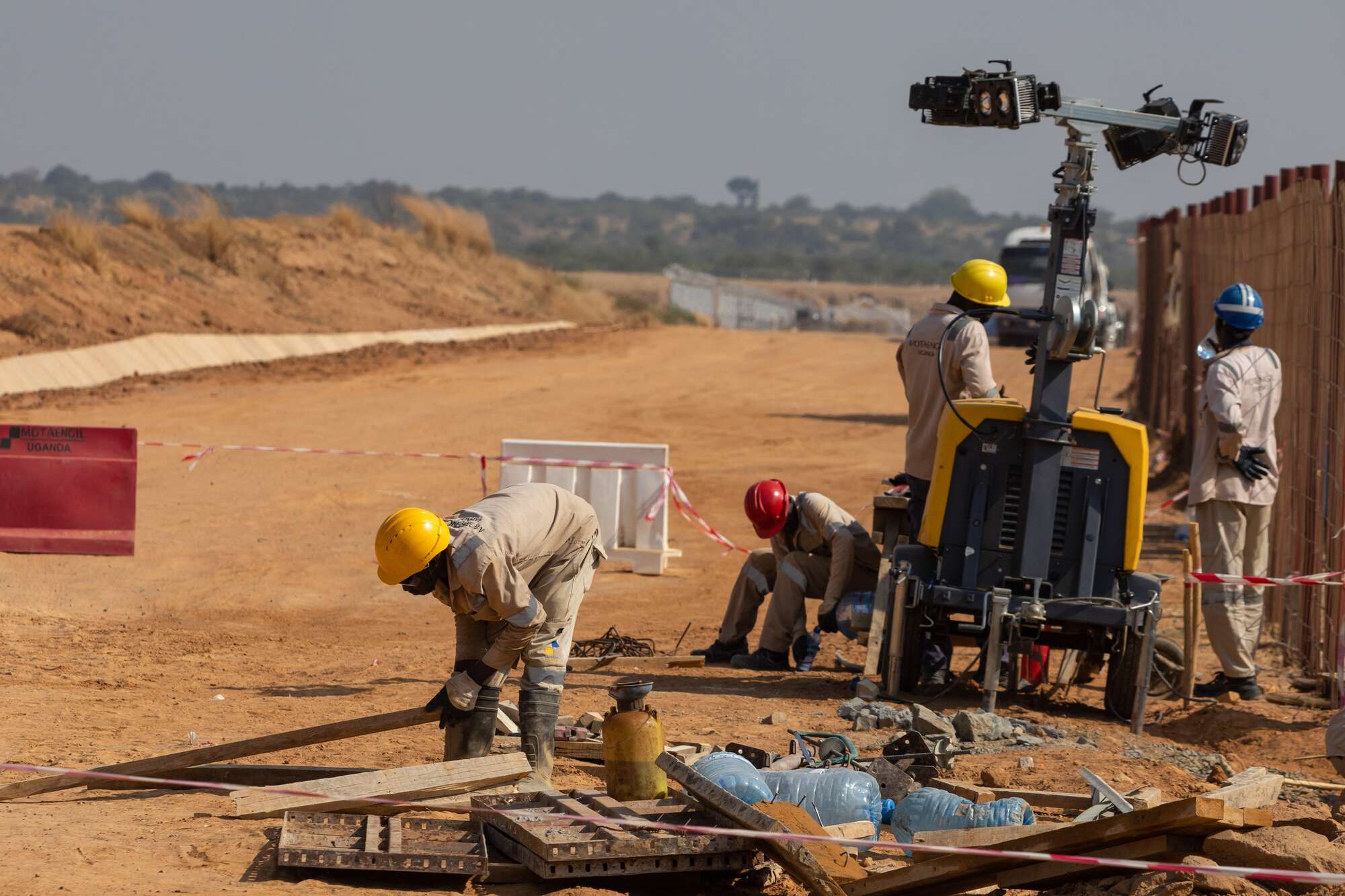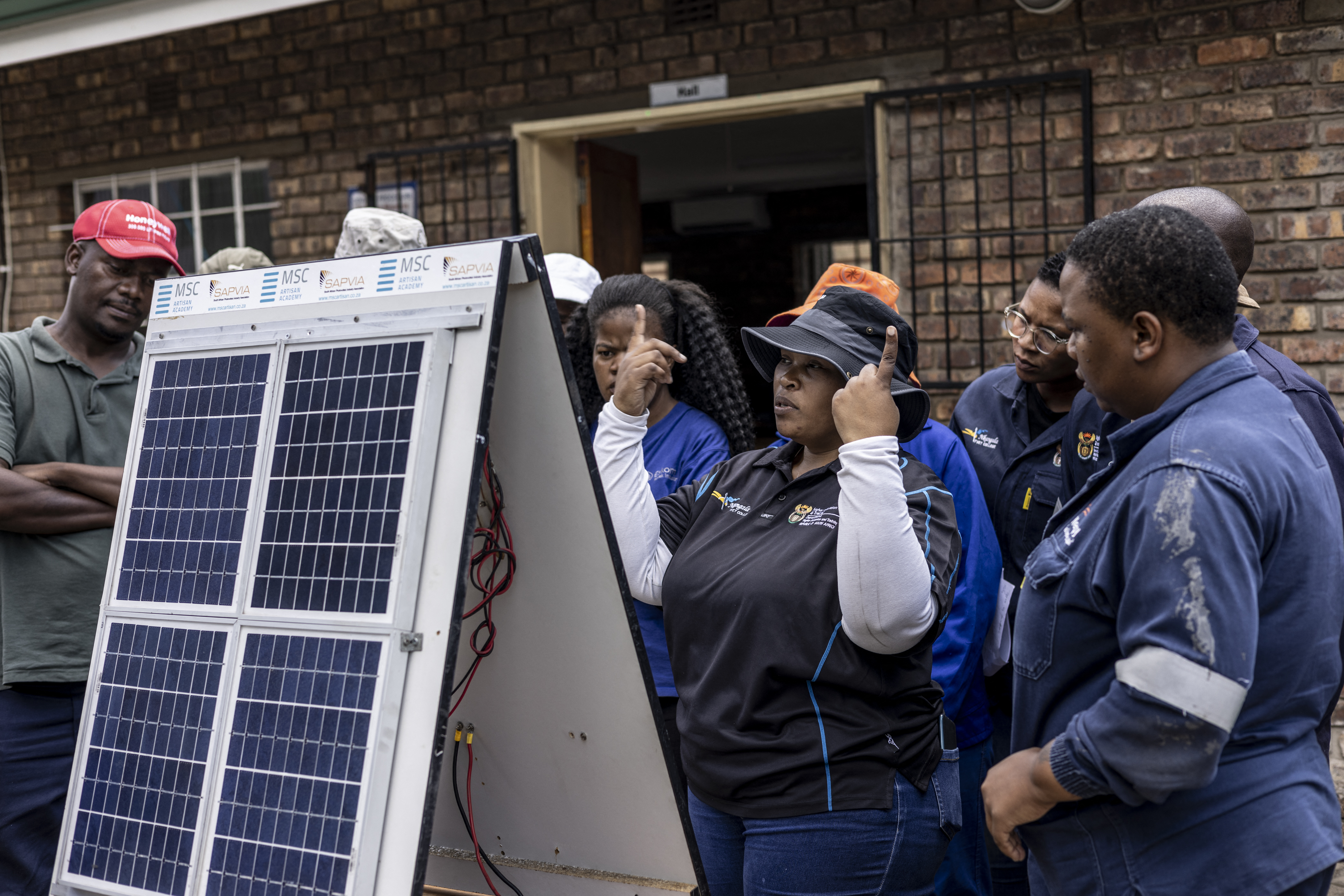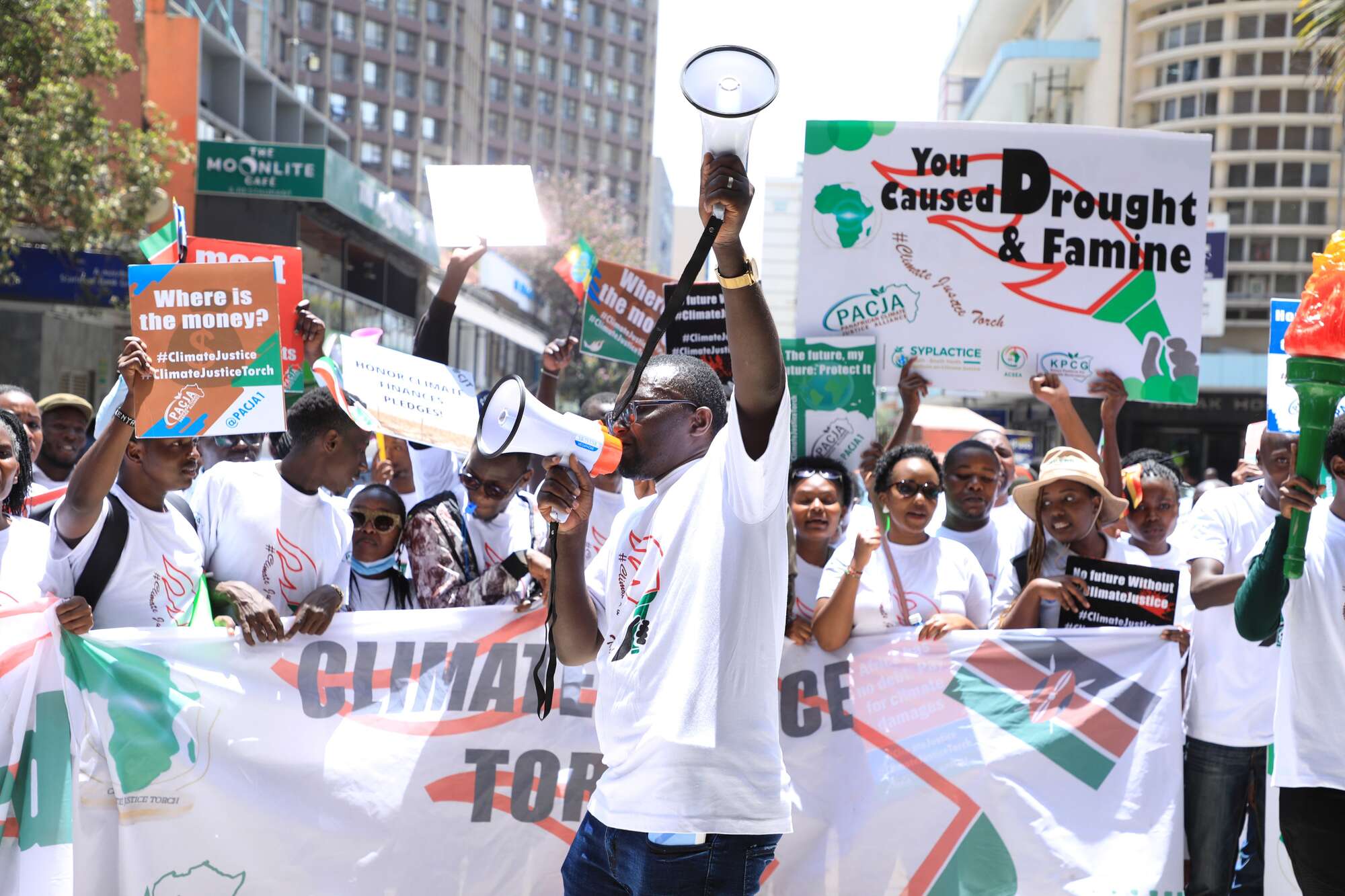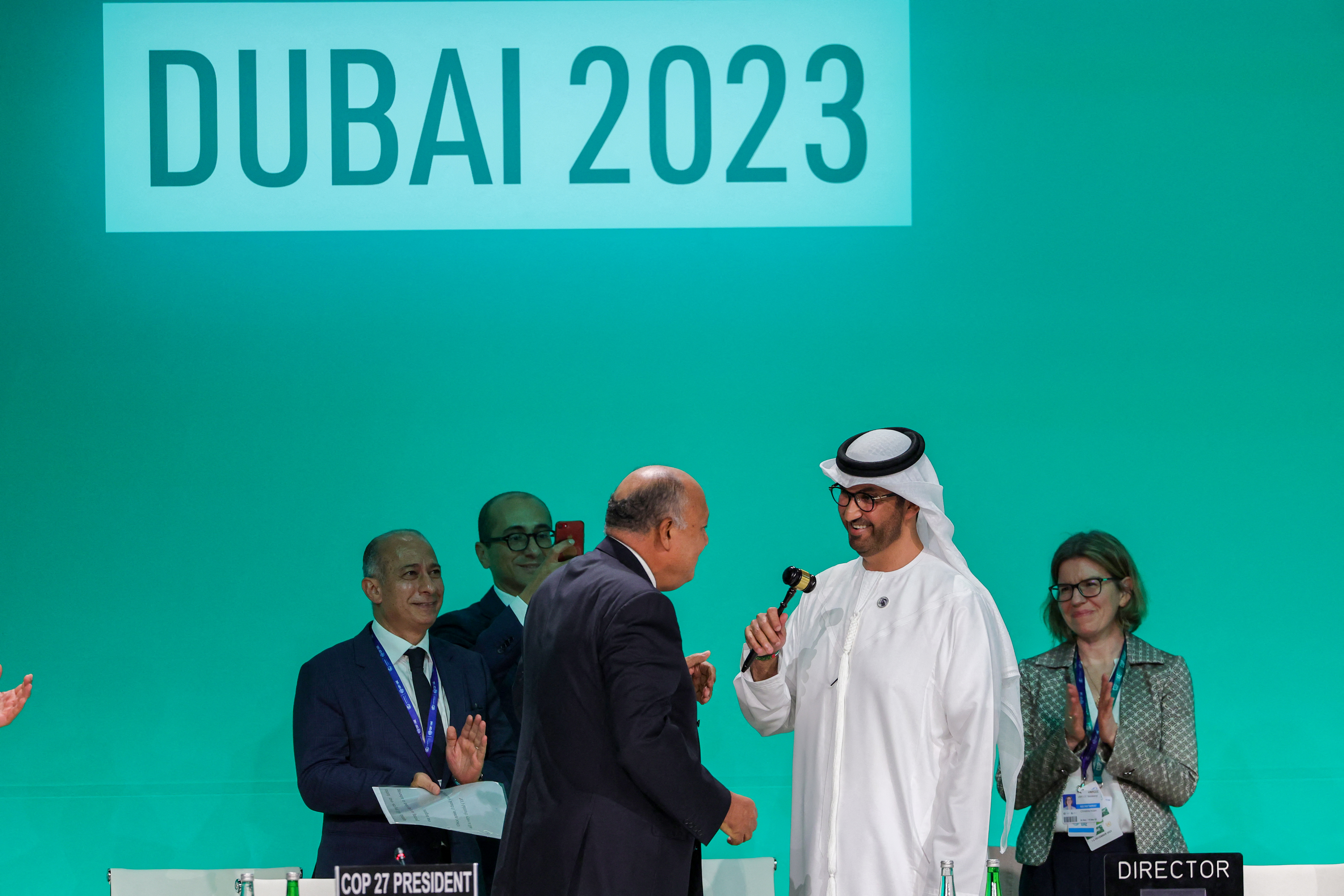Key issues around COP28

Its primary focus is to comprehensively evaluate countries' efforts to curb global temperature rise to "well below" 2 degrees Celsius, ideally at 1.5 degrees Celsius.
The event’s success is critical for accelerating climate action, and will depend on the ability of nations to bridge differences, forge consensus, and turn words into action.
Key issues to be addressed include global stock-take, which is an important tool for tracking progress on climate action, and identifying areas where nations must enhance their efforts.
Its review during the convention will assess countries' current emission reduction plans and their adequacy in achieving the Paris Agreement goals.
The assessment is expected to provide valuable insights and inform development of new and more ambitious climate action commitments.
Responsibility and fossil fuel phase-out

COP28's central debate is about who should take responsibility for reducing harmful emissions. Some argue that all nations should be responsible, while others believe only the wealthiest should bear the onus, given their historical contribution to greenhouse gas emissions. Countries are also expected to review their emission-cutting targets and plans by 2025.
Another fossil fuels debate looks at whether countries should phase out use of CO2-emitting coal, oil, and gas. While COP26 saw an agreement to scale down coal usage, a consensus on quitting all fossil fuels, which are the primary source of emissions, has yet to be reached.
The United States, the European Union, and several climate-vulnerable nations are calling for a COP28 resolution that commits countries to phase out fossil fuels. However, it is proving to be challenging to achieve a global deal.
Emerging technologies and renewable energy goals

At COP28, the main focus is on incorporating new technologies that can capture and store CO2 emissions underground. Proponents of this approach, including the UAE, maintain that it is crucial, but others are concerned over the cost, limited deployment, and the risk of continuing to use fossil fuels.
The talks aim to balance adopting these new technologies and shifting away from harmful energy types.
One of the key objectives of the meeting is to discuss ambitious goals to triple renewable energy capacity and double energy savings by 2030. This initiative, proposed by the European Union, the United States, and the UAE's COP28 presidency, has gained support from the G20 major economies. However, there are tensions as some nations insist on coupling this pledge with a commitment to phase out fossil fuels.
Addressing climate finance and loss and damage

Developing countries will need at least $200 billion annually by 2030 to adapt to worsening climate impacts such as rising seas or storms, according to the UN. They will need funding to help replace dirty energy with clean sources. They also want a "loss and damage" fund to help with climate-related problems, with a goal of at least $100 billion by 2030.
Some countries are arguing that wealthier nations should help because they are responsible for much of the pollution in the first place. The European Union and the United States have agreed to help with the climate damage fund, but there are complications with private financing and meeting old promises.
Independent announcements and sideline initiatives

In addition to the official UN negotiations, the COP28 features announcements from independent governments and companies. We expect a voluntary pledge from oil and gas companies in the UAE to reduce emissions, bringing the fossil fuel industry in line with climate action. Alongside this, initiatives regarding methane emissions, air conditioning emissions, and private finance for coal plants are to be revealed during the conference.